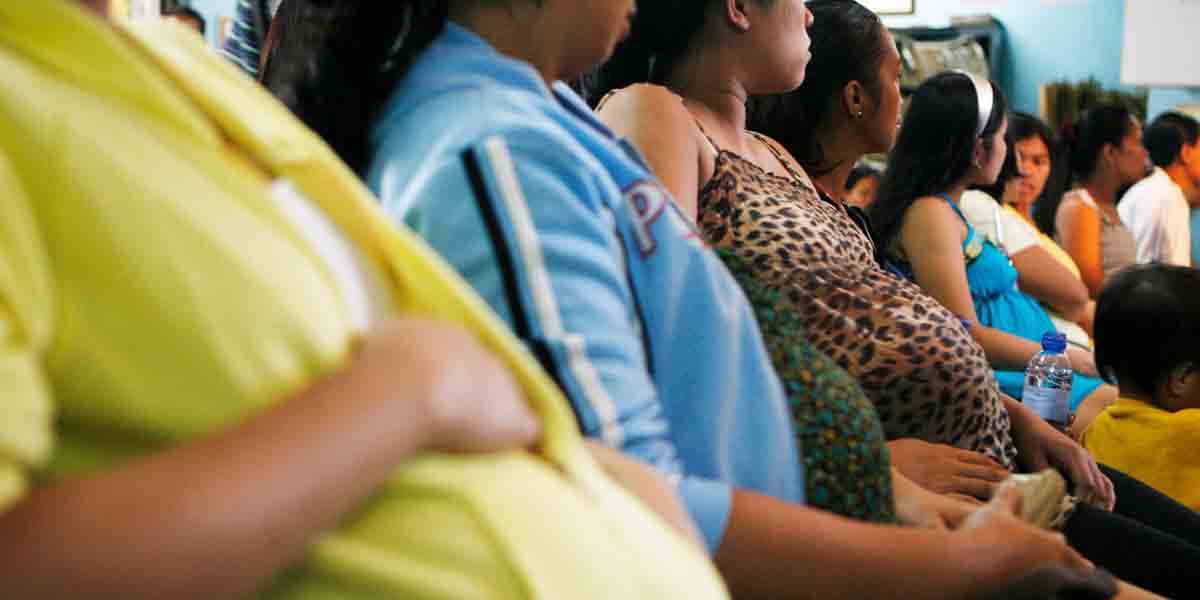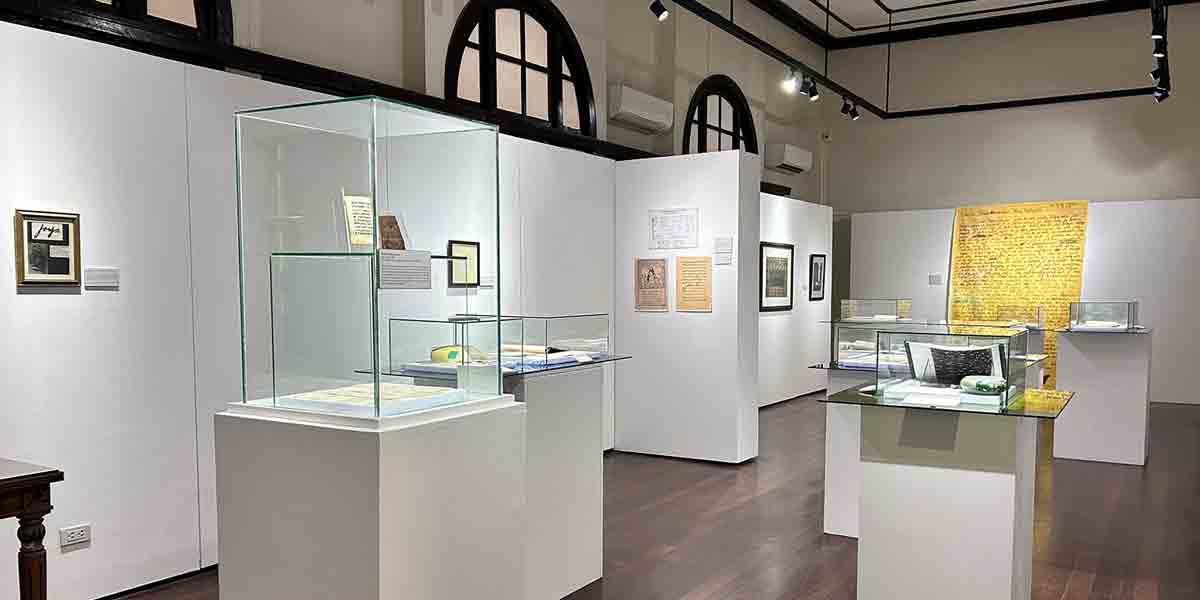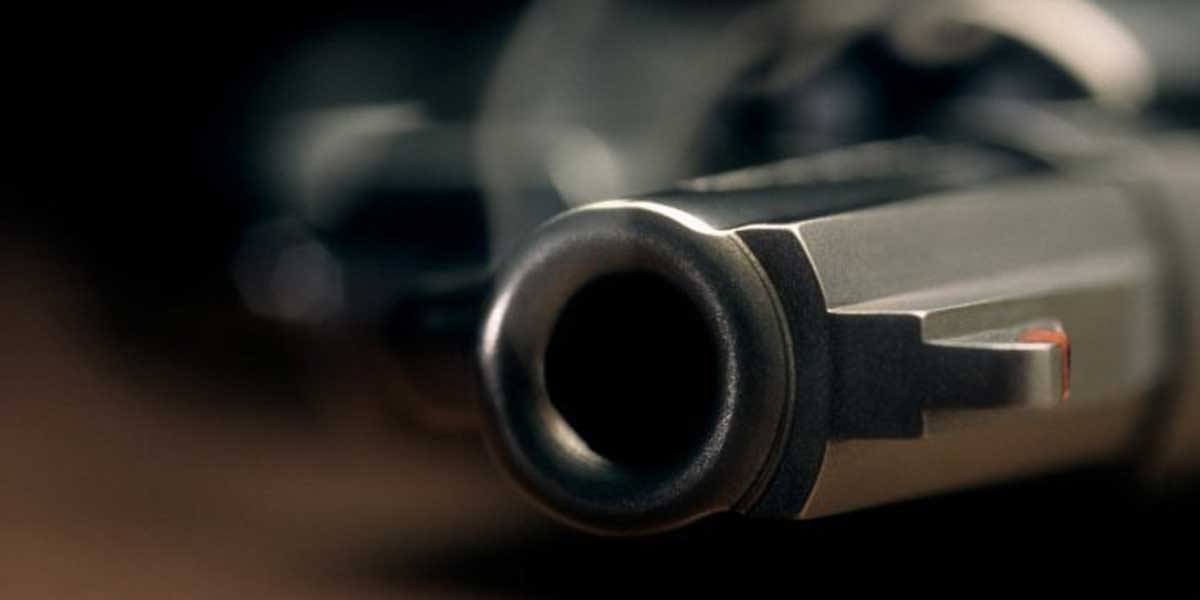 THE state according to German philosopher Georg Wilhelm Friedrich Hegel is the embodiment of the universal interest, an entity that enables individuals in society to pursue their particular interest. Hegel views the state as the guarantor of freedom and makes it possible for people to realize their dreams, hopes, and aspirations.
THE state according to German philosopher Georg Wilhelm Friedrich Hegel is the embodiment of the universal interest, an entity that enables individuals in society to pursue their particular interest. Hegel views the state as the guarantor of freedom and makes it possible for people to realize their dreams, hopes, and aspirations.
Safety and security are among the essential things the state guarantees. Securing the welfare and well-being of the members of the society is the raison dêtre of the state.
This role of the state comes to mind in the light of the recent bombings in Mindanao. On a beautiful Sunday morning, two bombs exploded at the Cathedral of Our Lady of Mount Carmel in Jolo, Sulu. The first bomb exploded inside the church while a mass was going on. The second bomb was detonated outside the church when troops of the 35th Infantry Battalion responded to the first attack. The bombings left twenty-two people dead (16 civilians, 5 army soldiers and 1 coast-guard man) and wounded 100.
Two days later, grenades were thrown at a mosque in Zamboanga City. The blast killed two people and wounded three others. The attack on the mosque was made either as an act of revenge on the Jolo church bombing or simply to incite the Christian and Moslem communities in Mindanao to go after each other.
This twin incident in Mindanao coming few days apart happened while the entire island is under martial law. Mindanao is under martial law for two years and will be under the same emergency for the third year if the Supreme Court upholds the martial law extension being asked by the administration.
Two years ago, in the aftermath of the Marawi City siege, the administration placed the whole of Mindanao under martial law on the pretext of keeping the people in the region safe. The justification for a martial law is spurious.
Under the current Constitution, martial law is allowed only in case of rebellion and invasion. What the framers of the Constitution had in mind are actual rebellion and invasion. Mere existence of rebel groups in the area does not justify martial law, otherwise the whole country could be under a perpetual state of martial law. In the same manner, existence of crime syndicates does not indicate the country is under a state of lawlessness where criminals rule.
Despite standing on a legally dubious ground, the Supreme Court upheld the imposition of martial law in Mindanao twice already. Was the primary purpose of imposing martial law in Mindanao achieved? The answer is obviously NO as shown by the recent bombings in a church and a mosque.
If martial law is an effective tool in keeping people safe, why did the bombings occur? Almost eighty percent of military troops are already deployed in Mindanao to implement martial law there. Yet this failed to prevent the bombings from happening.
Serious questions are even raised on the bombings, particularly on the cathedral. Security was very tight in the area around the cathedral months before the bombing. For six to seven months, the church had been highly secured, soldiers had kept people out, and people were not allowed even to touch the cordon, said Fr. Romeo Saniel, OMI, apostolic administrator of the Jolo vicariate.
Jolo Mayor Kherkar Tan wondered how the bombing could have taken place. No vehicle was allowed to pass in front of the cathedral. No vehicle, not even a motorbike, was allowed to park nearby, he said. The security was so tight in the area that bags, backpacks, and even small items were thoroughly inspected. How did the bomb get through?
Aside from being granted the authority to place Mindanao in a prolonged state of martial law, Du30 also had a huge intelligence fund at his disposal. The intelligence fund of Du30 was 4.12 billion pesos in 2018, higher than the 3.49 billion in 2017. Despite the enormous amount of money for intelligence, the Du30 administration failed to uncover or even detect the threat on the cathedral in Jolo.
Given that Du30 has two powerful tools at his disposal martial law and huge intelligence fund, to keep the people of Mindanao safe and secure, the bombings still happened. For a leader who packaged himself as strong on law and order, this is a huge failure on the part Du30.
It is not only in Mindanao that there is a breakdown of law and order but in the entire country. Killing has become fashionable under Du30 in settling scores and this excludes his bloody and brutal war on illegal drugs. Businessmen, government employees, teachers, judges, and prosecutors are being gunned down by guns-for-hire. Even local officials are no longer safe. Rappler counted twelve mayors and seven vice-mayors shot dead under Du30s rule. Recently, even a member of Congress was assassinated.
The killings, bombing and assassinations as well as the ever increasing extra-judicial killings of suspected drug pushers, addicts, criminals and suspected rebels, communists and their sympathizers happening all over the county are indicators that the Philippines is on the way of becoming a failed state.
Du30 was able to win over a sizeable number of voters in the last election on the promise of law and order, of keeping the country and the people safe. Yet three years in office, what Filipinos got was the opposite. Killings and bombings are normalized under the Du30 regime. Instead of giving Filipinos a strong, healthy, and vibrant democracy and republic, Du30 is giving them a failed state.
Only by restoring the rule of law can the Philippine state again becomes the guarantor of freedom and secures the well-being, safety, and security of Filipinos. Restoring the rule of law begins by rejecting the candidates of Du30 in the coming election. Capturing the public sphere with the defeat of the fanatics is a big step in preventing the Philippines from becoming a failed state.
























